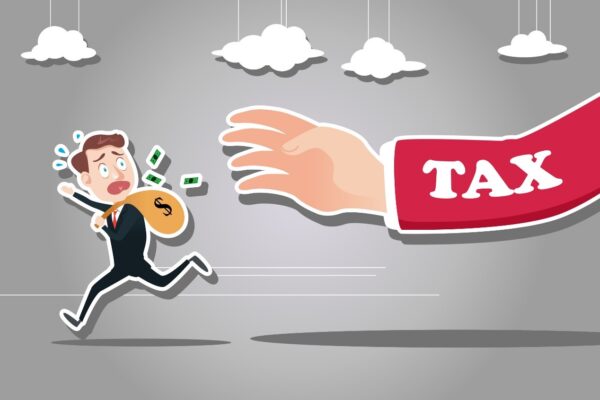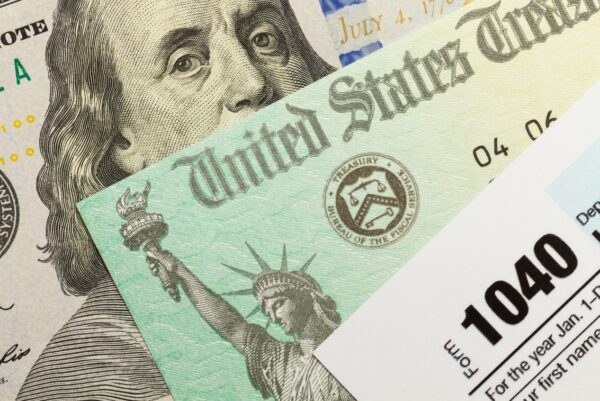Tax season can be a stressful time for a lot of people. There is so much that you have to do to even submit your taxes—and then there is the scary thought that you might end up owing the IRS money.
Depending on your situation, you might know ahead of time that you will owe before you even file your taxes. If that is the case, do not panic. There are options available to you.
Whatever You Do, Do NOT Skip Filing
No matter how much money you owe the IRS, whatever you do, do not skip filing your taxes in the attempts to avoid the entire problem. This will never work. You might think you’re sly, but the IRS will get you in the end and when they do, they will come at you with penalties (which can sometimes be 10 times the amount of your original bill), interest, and possibly even jail time. So, even if you can’t afford to pay them, you still need to get your tax return filed before the deadline.
Contact a Professional
Find a tax resolution professional and get some help filling out your forms. They know way more about this stuff than you do—and they might be able to find credits and deductions that will reduce the amount of taxes you owe. Trust us, deducting clothing you bought for your new job might sound silly, but every little bit counts when it comes to the end amount. Plus, you might be surprised with how quickly those little things can add up.

Plan Ahead
Even though it is important to get your taxes in on time for that April deadline, you might want to wait until the actual deadline to file. If you begin the process as early as possible, this will give you a couple of months to gather up as much money as you can. The reason for this is because it is crucial to pay as much of your tax bill up front as you can, so you can avoid as many penalties and as much interest as you can. This will also give you a chance to call the IRS to explore your options, such as getting a short-term extension and/or setting up an installment plan. They might even be able to waive any potential penalties.
Stay On Top of It
So, you paid as much as you could when you filed, but you still have a sizable chunk left over—keep paying towards what you owe. It generally takes the IRS a month or two to get into touch with you, which is more time that you can be paying towards that final tax bill.
Plan Ahead for Next Year
If this year was especially rough and you owed big time, we are guessing that you do not want a repeat experience. Talk to that tax resolution expert you found and figure out where you went wrong. Maybe you spent way too much money on frivolous things, like clothes and gadgets. Maybe you work for yourself and you never factored taxes in when you were divvying you income up between savings and fun.
The tax professional will likely recommend that you save small amounts of money throughout the year specifically for this problem. They will also tell you to take a look at your paystubs at work, because the amount each check is taxed depends on how you filled out that W-4 for, when you were first hired. Basically, the more dependents you claim, the less you are taxed (and the more you owe at the end of tax season) and the less you claim, the more you are taxed up front (and the bigger the potential reimbursement will be at the end of tax season). Obviously, it might not be financially feasible for you to get taxed more up front, so that is where saving throughout the year comes in.
Bottom Line
No clue how to plan ahead? Start by creating a budget for yourself and stick to it! This means that you will need to hold yourself accountable every week of every month of the year. It might be hard, but it will be worth it when you don’t get hit with a massive tax bill. We promise.














Be First to Comment